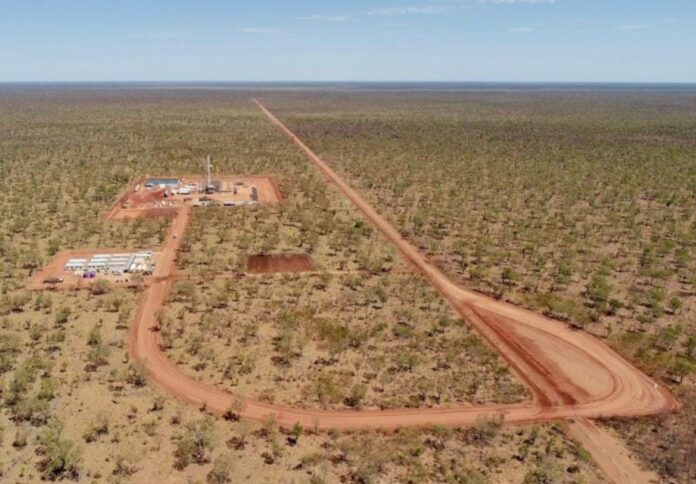
The Australian Petroleum Production & Exploration Association (APPEA) said the Northern Territory government’s recent go-ahead of the Beetaloo Basin development will support thousands of new employment, bring in millions of dollars for regional towns, and increase the country’s east coast’s energy security.
APPEA NT Director David Slama said the green light acknowledges the crucial role that gas will play in a cleaner energy future, supporting critical industries like manufacturing and supporting renewable energy sources.
“Gas is already so crucial to the NT economy – employing 11,000 workers along the supply chain, enabling about $19 billion of economic activity annually – and our commitment to working with regional communities will ensure the benefits will continue to be shared,” Slama said.
The APPEA director said that the sector was a significant investor in renewable energy and decarbonisation, advancing net zero technologies including carbon capture and storage (CCS), which will be present at the Middle Arm Sustainable Development Precinct close to Darwin.
“Completion of the recommendations was important so development can proceed in a responsible and environmentally safe way in a robust regulatory environment and in collaboration with landholders and Traditional Owners,” Slama noted.
It has been determined by more than a dozen investigations and inquiries, including the 15-month-long Pepper Inquiry, which received 1,250 submissions and held over 150 public hearings and 50 community forums, that any hazards connected to hydraulic fracturing can be safely managed.
According to Samantha McCulloch, chief executive of the APPEA, new gas supply is critical to maintaining energy security on the east coast and bringing down prices over the long term.
“The Beetaloo Basin is a major new gas supply opportunity in Australia and today it is a big step closer to realising the extraordinary economic benefits,” she said.
McCulloch added, “The east coast energy system pressures last winter exposed the long-term under-investment in gas supply because of bans and regulatory uncertainty in southern states.”
She also pointed out that over the past five years, the Beetaloo has advanced under a long-term, stable policy environment that has allowed businesses to invest millions of dollars in exploration to the benefit of isolated regional communities.
“This is the kind of policy environment needed on the east coast in states like New South Wales and Victoria to avoid forecast shortfalls in coming years and ensure gas can play a critical role in the transformation of our energy system for net zero,” McCulloch concluded.



















